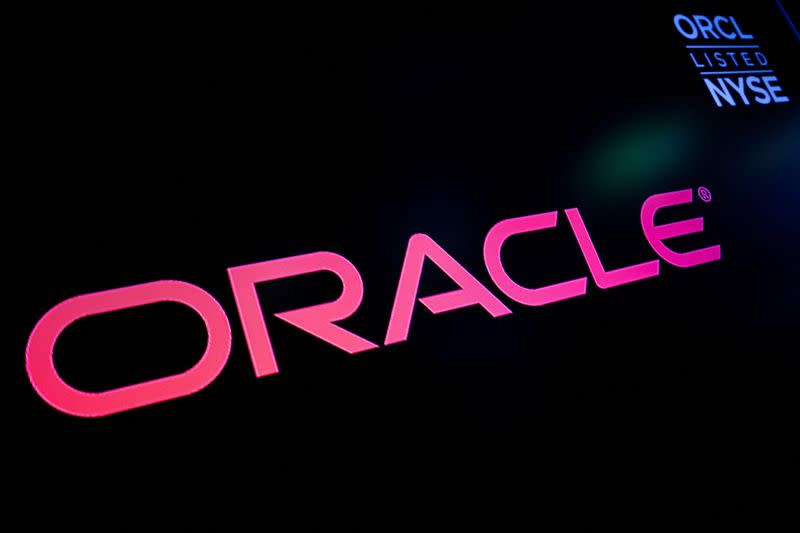Oracle to use Ampere's newest chips in its cloud offering

By Stephen Nellis
(Reuters) - Oracle said on Tuesday that it would use Ampere Computing's flagship processor chips in its cloud computing service, in a boost to the chip company that has filed for an initial public offering.
Ampere, which was founded by former Intel executives, designs chips for data centers using technology from Arm Holdings and outsources production to Taiwan's TSMC.
Ampere aimed to create chips that are designed to be more energy efficient than traditional processors from Intel and Advanced Micro Devices, both of which have subsequently announced offerings that compete with Ampere's chips.
Oracle is a major investor in Ampere and was among the first cloud companies to adopt its chips in 2021. Ampere CEO Renee James sits on Oracle's board of directors.
Ampere said last month that Alphabet's Google Cloud unit would offer its newest chips, which feature computing cores custom designed by Ampere.
Cloud computing companies are among the largest purchasers of chips, buying them en masse and renting them out to software developers.
(Reporting by Stephen Nellis in San Francisco; Editing by Jamie Freed)

 Yahoo Finance
Yahoo Finance 